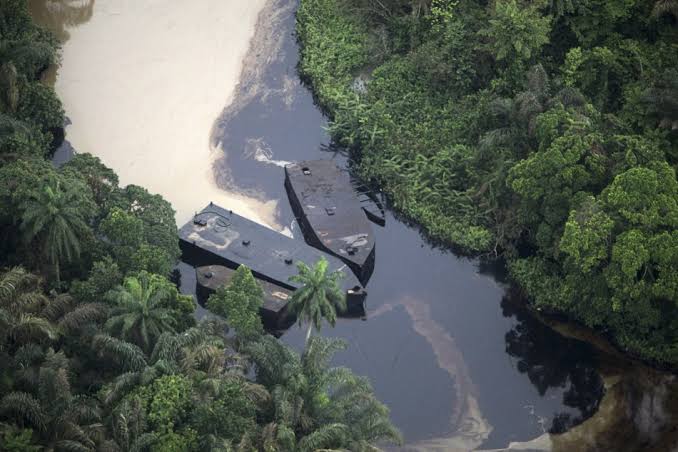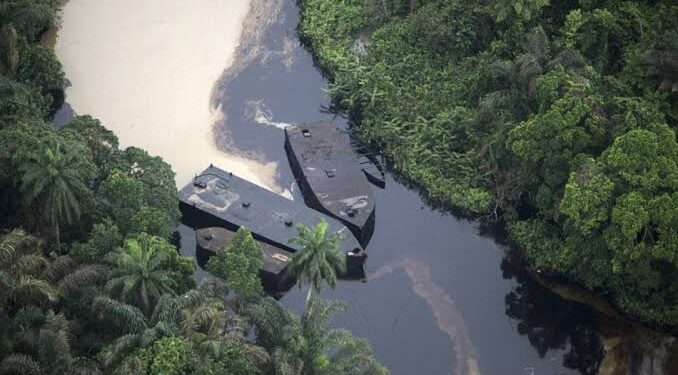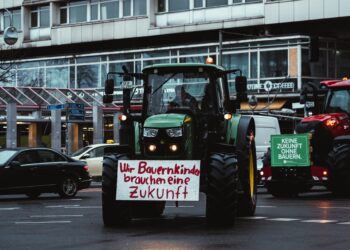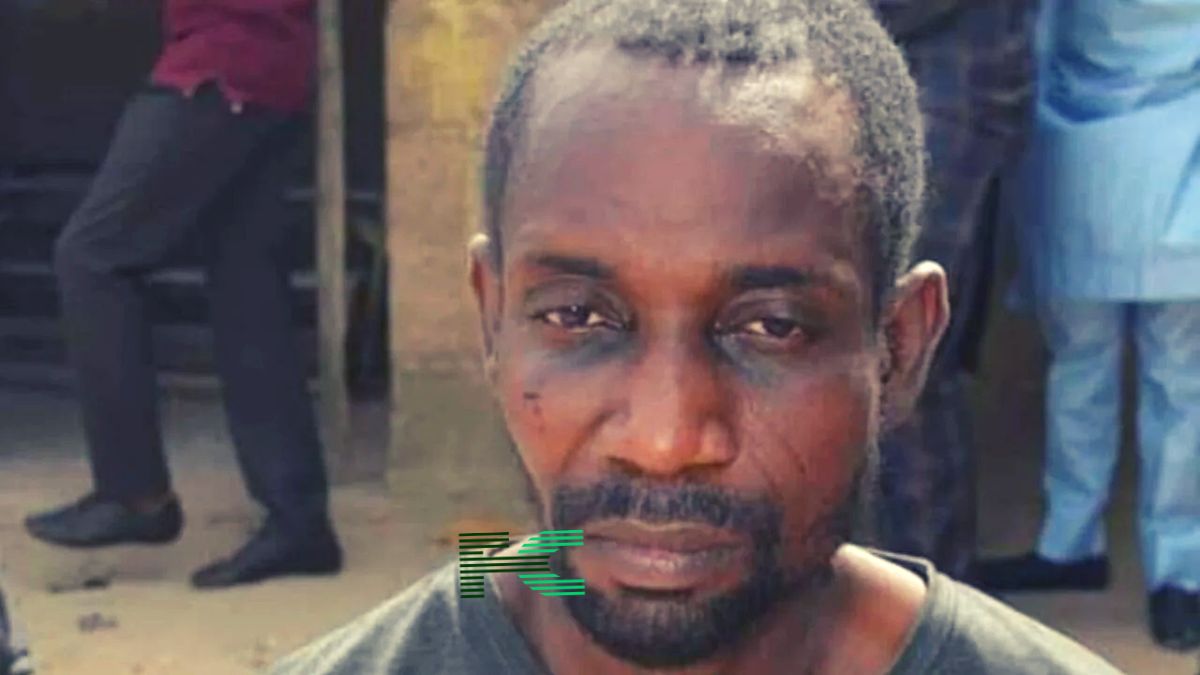The Joint Task Force, known as Operation Delta Safe, has apprehended two suspects who specialise in producing fraudulent paperwork to allow the sale of stolen crude oil in the Niger Delta region.
JTF Commander John Okeke informed journalists on Saturday at the command headquarters in Yenagoa, Bayelsa State’s capital, that Magaji Musa and Umar Musa were captured when forces invaded their Port Harcourt home early Tuesday.

Okeke stated, “This syndicate specialised in printing fake documents for stolen crude oil in the Delta Safe Joint Operation Area.
” This syndicate is in charge of obtaining phoney paperwork to allow oil thieves to operate freely in the Joint Operation Area.
“Such an act has enabled oil thieves to avoid prosecution, which has in fact played a significant role in the reported unlawful oil bunkering operations in the oil-producing region.
“However, based on intelligence on the syndicate’s operations, troops from Operation Delta Safe attacked the Port Harcourt apartment of the ringleader, one Mr Magaji Musa and Umar Musa, in the early hours of Tuesday, August 20, 2024, and detained him.
“As a result, documents carrying fraudulent stamps from several societies, as well as waybills and forged identity cards, were discovered in his home.
“The suspects admitted to obtaining fake waybills, illegally selling crude oil, and diverting stolen crude oil from pipelines.”
“At this time, the offenders are being held by the Joint Task Force, South-South Operation Delta Safe. They will be presented to the media and prosecuted later on.
” Okeke gave everyone the assurance that nothing would be left undone until crime in the area that produces oil was completely eliminated or drastically reduced. Additionally, he restated the Joint Task Force’s dedication to eradicating oil plant vandalism and illicit refining in the area.
Musa, the syndicate’s alleged ring head, disclosed all this to reporters that he had been involved in the sale of stolen crude oil since 2011.
Bottom Line
The involvement of the suspects, Magaji Musa and Umar Musa, in creating fake documents to facilitate the sale of stolen crude oil underscores the depth of the problem.
The ability of such syndicates to produce fraudulent paperwork has allowed illegal operations to continue undetected and unpunished, contributing to the persistence of oil theft in the region. This not only deprives the Nigerian government of much-needed revenue but also fuels corruption and undermines the rule of law.

















